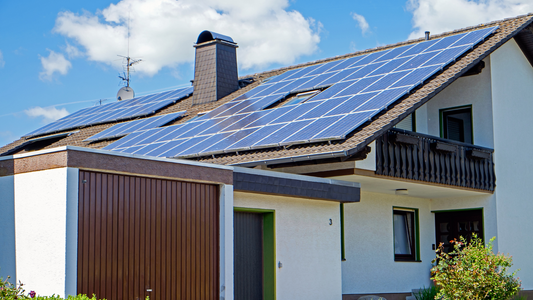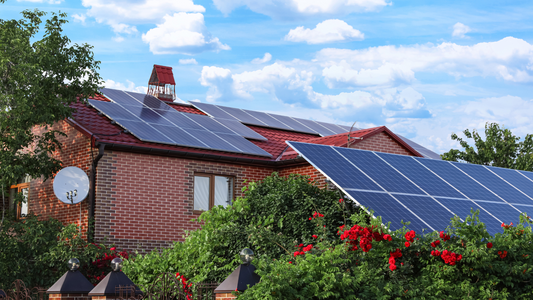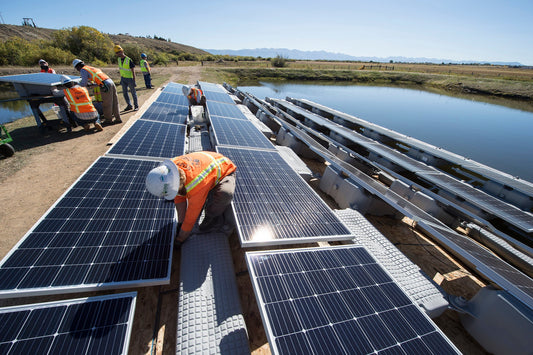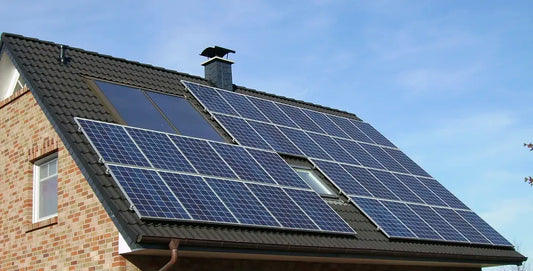
The important role of self-sufficiency – self-consumption of photovoltaic systems
Self-consumption is one of the key issues in the use of photovoltaic systems and is becoming increasingly important. The higher the proportion of self-used solar power, the more worthwhile the investment in a solar system becomes. In this blog, we explore why self-consumption—also known as self-sufficiency—is so crucial and how homeowners can maximize their level of self-sufficiency.
1. What does self-sufficiency mean for photovoltaic systems?
Self-sufficiency refers to the degree of independence from the public power grid. The higher the self-consumption, the less electricity needs to be purchased. Photovoltaic systems offer homeowners the opportunity to generate their own electricity and thus reduce their dependence on rising energy prices. A high degree of self-sufficiency means that the majority of the electricity required is self-generated and used directly.
2. How can self-consumption be maximized?
There are several ways to increase self-consumption:
- Adjusted use of household appliances: Power-intensive appliances such as washing machines and dishwashers should ideally be operated during sunlight hours. Coordinating the timing of electricity consumption and energy production can increase self-consumption.
- Battery storage: A battery storage system allows you to store excess solar power and use it when the sun isn't shining—for example, in the evenings or during bad weather. This can increase your self-consumption rate from around 30% to as much as 70%.
- Electric car: An electric car essentially acts as an additional power storage device. It can be charged with solar power during the day, making self-consumption even more efficient.
3. Advantages of high self-consumption
The greatest advantage of high self-consumption lies in the long-term savings. While the feed-in tariff has decreased in recent years, the price of electricity purchased from the grid has steadily increased. This means that it often makes more economic sense to use self-generated electricity directly rather than feeding it into the grid. The more electricity you consume yourself, the less you have to purchase from the grid – and the greater the savings on electricity costs.
4. Autarky and the future of energy supply
In times of rising energy prices and the energy transition, self-sufficiency is playing an increasingly important role. Photovoltaic systems offer a sustainable way to generate and use energy yourself. With additional storage systems and intelligent energy management solutions, homeowners can maximize self-consumption and thus reduce their dependence on external energy providers.
Conclusion
Self-consumption is the key to the profitability of photovoltaic systems. Homeowners who maximize their level of self-sufficiency through the use of battery storage, electric vehicles, and adjusted consumption behavior can achieve significant long-term savings. With proper planning and a focus on self-sufficiency, a photovoltaic system becomes a real benefit – both financially and ecologically.




